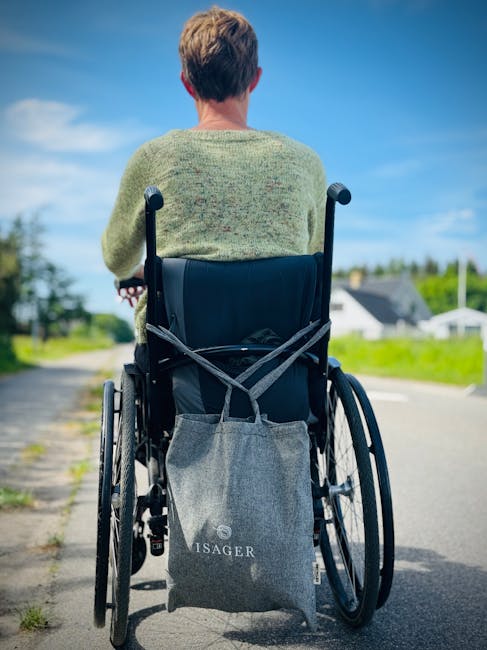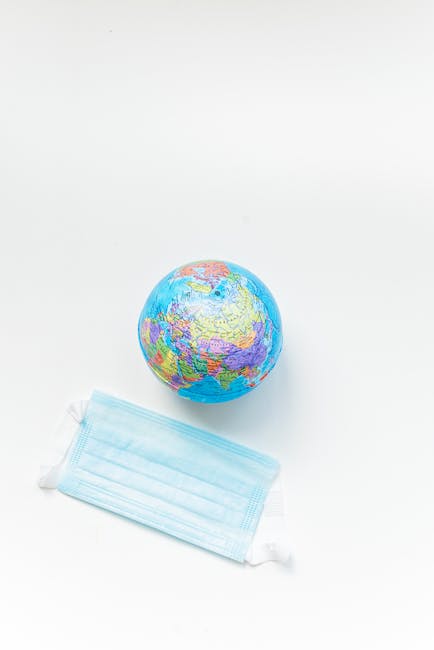Navigating Pregnancy and Immigration: A Personal Journey with Essential Health Insights
Last year, I embarked on two significant life changes simultaneously: becoming pregnant with my first child and applying for permanent residency in the United States. The journey was filled with unexpected challenges, particularly concerning health records required by immigration and managing pregnancy-related anxieties.
As an immigrant, accessing healthcare can be daunting, especially if language barriers or lack of insurance are factors. During this critical period, I relied on my doctor and the trusted resource MotherToBaby for scientifically sound advice.
Understanding Vaccination Requirements
One of my first hurdles was the requirement to be revaccinated for several diseases, despite having been vaccinated previously. These included measles, mumps, and rubella (MMR), varicella, polio, tetanus diphtheria pertussis (Tdap), hepatitis B, and COVID-19. I turned to MotherToBaby’s fact sheets to understand the implications of these vaccines during pregnancy.
Hepatitis B and COVID-19 vaccines pose no risk during pregnancy and are safe to receive. Moreover, the Tdap vaccine is highly recommended during pregnancy to protect the baby from pertussis (whooping cough). However, live vaccines like MMR and varicella are not recommended during pregnancy. Fortunately, blood tests revealed protective antibody levels, eliminating the need for these vaccinations post-pregnancy.
Navigating Tuberculosis Testing
Another crucial step was determining my tuberculosis (TB) status, typically assessed via blood work. If results are inconclusive, a chest x-ray might be necessary. While generally avoided during pregnancy, a single chest x-ray is not linked to increased risks for birth defects or complications.
Understanding TB status before pregnancy is vital, as untreated active TB can lead to preterm labor, low birth weight, or maternal death. Given TB’s prevalence in my home country, Turkey, but rarity in the U.S., this check is crucial during immigration to prevent its spread.
The Role of Herbal Remedies
Pregnancy also brought about new emotional and physical experiences, including relentless morning sickness. Initially, I turned to my cultural roots for relief, crafting a herbal drink with turmeric, sage, ginger, and mistletoe. However, a conversation with a pregnant friend highlighted the potential risks of consuming unverified herbal remedies.
Research revealed that mistletoe could induce miscarriage in high doses, and many herbs remain unstudied during pregnancy. It was a wake-up call about the need for caution with traditional remedies, as their safety and efficacy during pregnancy are often unverified and unregulated.
Lessons Learned
Carrying my baby through the immigration process was challenging but educational. It taught me to critically evaluate traditional practices and seek reliable resources for health-related queries during pregnancy. MotherToBaby was an invaluable ally in addressing my concerns about vaccinations, x-rays, and more.
For anyone navigating similar challenges, MotherToBaby offers expert guidance on herbal remedies, vaccines, TB testing, and other exposures during pregnancy. Consult with a teratogen information specialist today, ensuring a healthy and informed start to life in America for both you and your baby.




